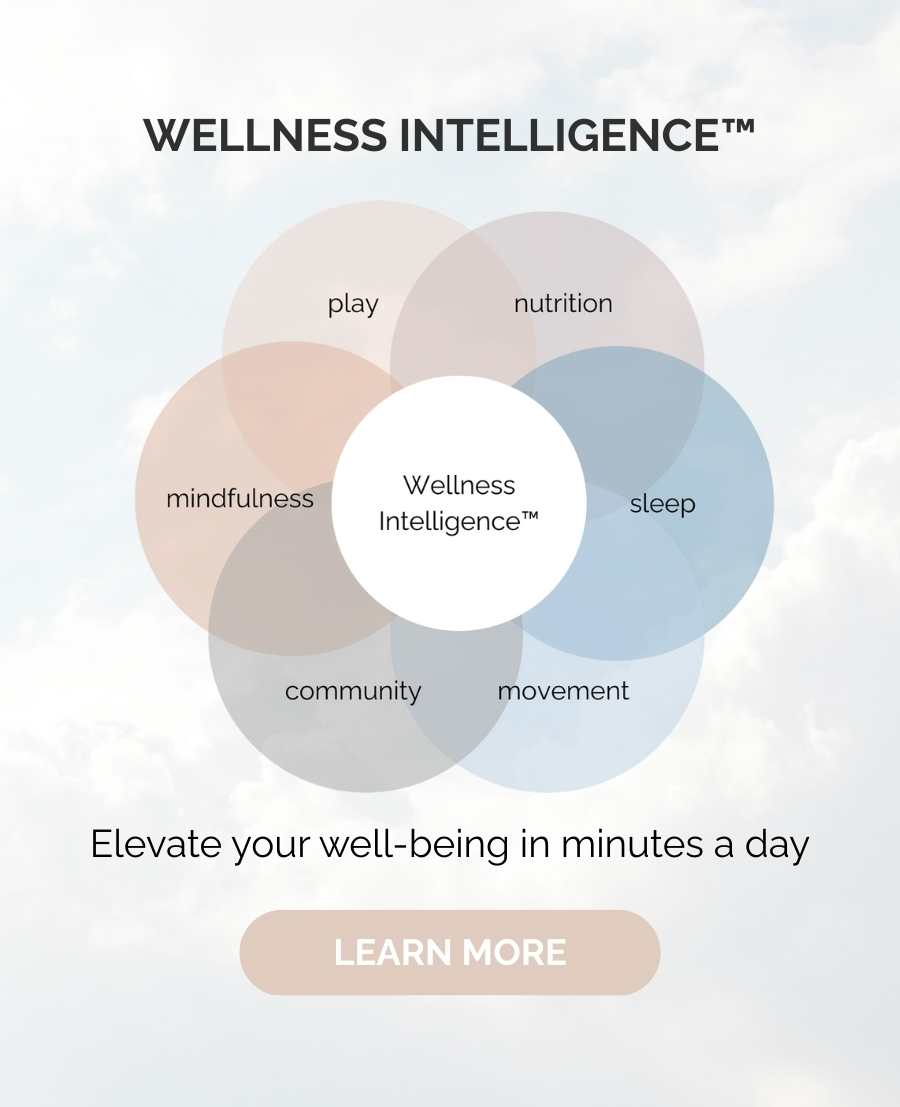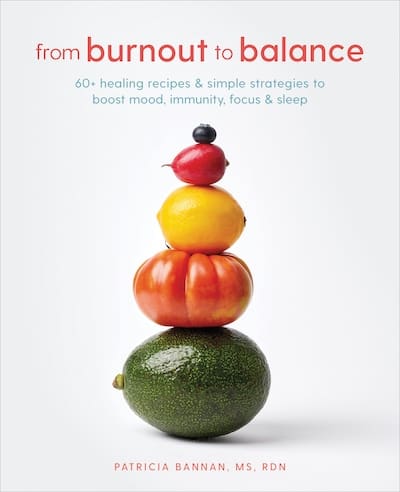How happy are you, overall? And do you know what’s most likely to make you feel good in the long run? Here are core strategies to boost your happiness.
Factors like beauty, fame, and fortune are not the real keys to happiness. Experts say, and research proves, that even simple things can improve your personal “sunshine factor.”
According to happiness researchers, two attributes are essential for day-to-day contentment: good mental health and positive social relationships. Good mental health means more than not feeling anxious or depressed; it also involves how you see the world (i.e., in a positive rather than negative light). True self-esteem — feeling good about yourself — means accepting who you are and not holding yourself to unrealistic standards.
Strong social relationships are not only key for stress management, they’re the other most important aspect of happiness. Truly happy people have intimate relationships with people they care about, and who care about them in return. There’s a health bonus as well. Research confirms that the more relationships a woman has, the healthier she’s likely to be. (The effect isn’t as pronounced for men.)
To boost your “sunshine factor” — give one or more of these ten strategies a try:
Watch a comedy you like.
Laughing makes you feel good — even if you have to force it. One study found adults who forced themselves to laugh for just one minute felt significantly happier than those who didn’t. Look for ways to get more laughter into your life and you’ll feel happier overall.
Enjoy time with people who energize you.
Make time for your friends — especially those who make you laugh and “get” you. Having a lot of friends or an extended family may not be as important to your happiness as the quality of those relationships. In other words, a few close friends may be better for you than a dozen acquaintances. The key is how connected you feel, and how connected you want to be.
Spend money on someone else.
A recent study found people who were randomly assigned to spend money on others experienced more happiness than those who were told to spend the money on themselves. If money is tight, random acts of kindness work just as well.
Set a goal — and go after it.
Pursuing goals that are important to you give life meaning and improve overall happiness. The goal itself doesn’t matter (say, writing a novel, learning how to sing opera, or traveling to China); what matters is its significance to you.
Make time for hobbies.
If you have time for activities you enjoy, or you love your work (at least most days), you’re likely to be happier than someone whose day is full of “must-dos” with little free time. Yet activities we do simply for pleasure tend to get dropped to the bottom of our to-do list. If you want to feel happier, make time for the things you love best, whether watching your favorite TV show, working in your yard, or playing with your dog.
Want what you have.
Research shows the happiest people are those who have what they want — and want what they have. Focusing on what you have rather than what you don’t have will make you more satisfied and happier overall than people who always compare themselves to others and come up short.
Work up a sweat.
That’s right, I’m talking about exercise again. Plenty of research attests to exercise’s impact on short-term mood, but it lasts longer than that. One study of twins found those who exercised were more satisfied with their lives and happier, compared to non-exercisers.
Volunteer for a cause.
Research shows that people who volunteer are happier than those who do not. Volunteering may increase empathetic emotions and help you appreciate what you have.
Have more sex.
A recent review study found a clear association between sexual activity and satisfaction and emotional well-being, as well as overall quality of life for women. In other words, if you’re happy with your sex life, you’re likely to be happy with your overall life. Ask any guy, and he’ll tell you the same thing.
Do what makes you happy.
According to a recent survey, women listed rest and relaxation (66 percent), entertainment (61 percent), and a family meal (55 percent) as the top three activities that make them happy. Men listed entertainment (61 percent), rest and relaxation (60 percent), and digital entertainment (52 percent) as their top three. My point? Do what makes you happy, but don’t expect your significant other to share exactly the same priorities. (Fortunately, both sexes listed “quality time with their partner” as their fourth favorite activity.)






